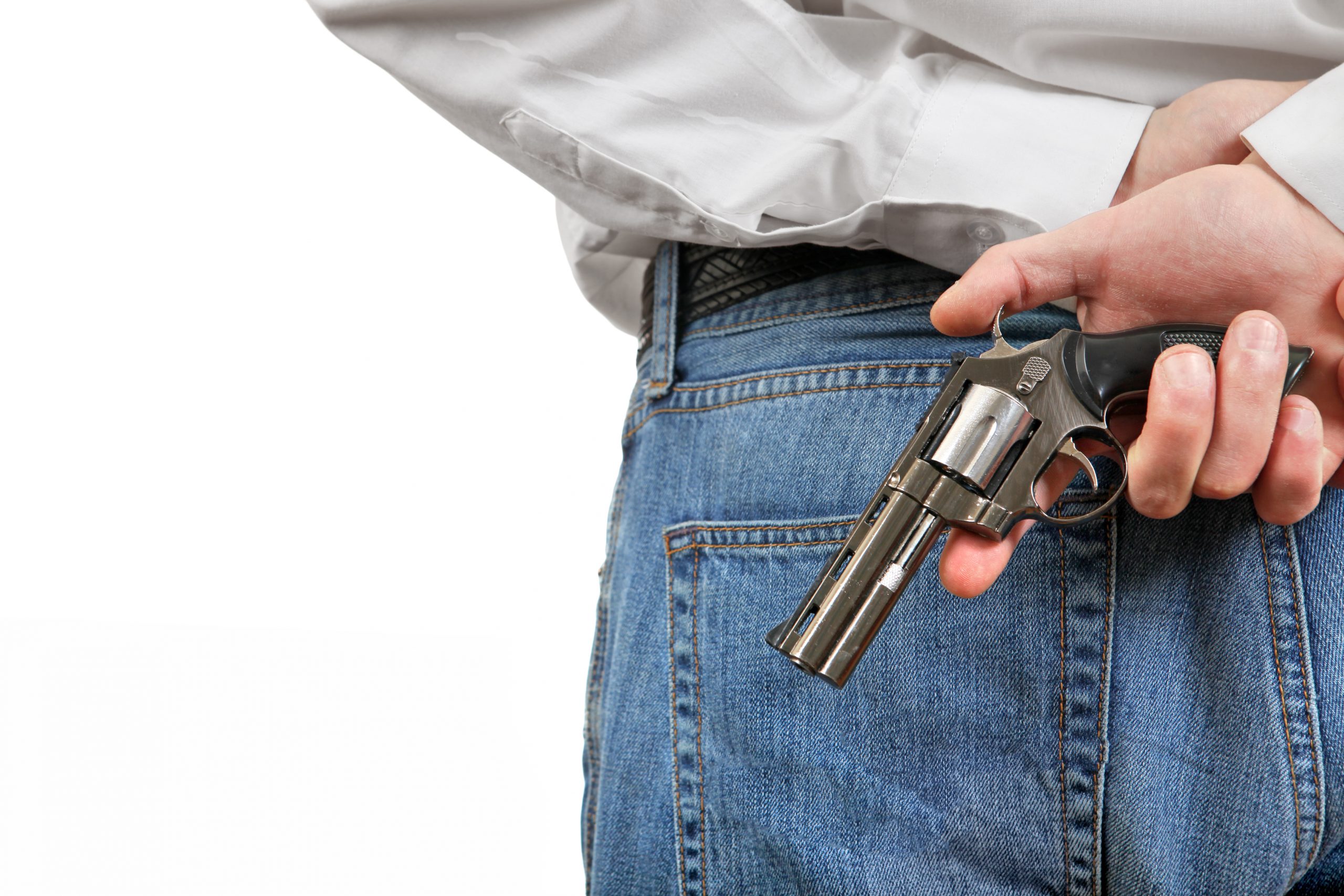Missouri Governor Jay Nixon’s veto of an omnibus gun bill never had a chance, even though the legislation was highly controversial and opposed by state law enforcement officials.
On Wednesday, the state legislature convened to decide the fate of the bill, which included two measures. One sought to allow lawful gun owners to carry concealed weapons in public without a permit, so that applicants would no longer have to undergo firearms safety training and receive approval from law enforcement. The other provision would enact a “stand your ground” self-defense law — legislation that is closely associated with the 2012 death of Trayvon Martin.
Nixon, a Democrat, had vetoed the bill in June. In order to reverse his action, at least 109 members of the Missouri House of Representatives needed to vote to override it, and another 23 state senators would have to do the same.
The outcome was essentially foretold. Republicans hold vast majorities in both chambers, and the National Rifle Association, one of the bill’s most vocal advocates, had backed most of them, along with a handful of Democrats. All told, the gun group has endorsed 108 members of the House, one short of the number needed for an override.
In the Missouri Senate, 21 of 31 lawmakers have received the NRA’s blessing.
Proponents of the law got more than they needed. In a vote taken during the early evening, 112 representatives, along with 24 senators, voted to override the veto. The measures will take effect in October.
State Representative Gina Mitten, who opposed the bill, made her feelings known shortly after the vote.
The bill’s supporters were jubilant. State Representative Eric Burlison, a sponsor of the legislation, tweeted a photo of the bill.
Missouri will become the 10th state to enact a permitless carry law, and the second in less than a year to override a governor’s veto of a permitless carry bill. The last state to enact a such a policy was Idaho, in late March.
In the run-up to the vote, some state police officials said they fear the new law will make their jobs more difficult, and their cities more dangerous.
Shortly before the legislature went into the override session, St. Louis’s police chief, Sam Dotson, published an editorial in the St. Louis Dispatch, pleading with lawmakers to uphold Governor Nixon’s veto. He described the permitting system as a basic preventative safety measure, “intended to protect us all, by ensuring that those who carry guns in our neighborhoods have clean criminal records and the capacity to complete a rudimentary training course.”
He wrote: “Even with our current permit requirement in place, police officers routinely find themselves in harm’s way doing the job we ask them to do: to protect St. Louis from a deadly gun violence epidemic.”
St. Louis has one of the highest homicide rates in the U.S.
“Stand your ground” laws have been widely condemned for facilitating violent encounters and, in court, for unequal application. Billed as measures of self defense, they allow a lawful gun owner to use his weapon in public if he feels he is under threat. In Florida, when George Zimmerman fatally shot Trayvon Martin, an unarmed teenager, he claimed it was in self defense. Because of the state’s “stand your ground” law, police delayed arresting Zimmerman, sparking protests around the country.
Since the death of Trayvon Martin, states have been reluctant to enact new “stand your ground” laws. Missouri will be the 23rd state to have such a policy on the books.
In Florida, where the law originated, a 2015 study showed that in “stand your ground” cases, a shooter was twice as likely to be convicted if the victim was white.
In Missouri, State Representative Kim Gardner, a St. Louis Democrat, highlighted the combustible nature of the bill, which lowers the standard for using deadly force while simultaneously removing training requirements. She called the mixture a “perfect storm.”
[Photo: Shutterstock]




